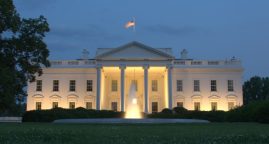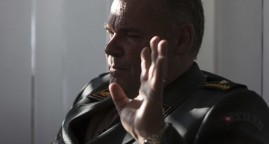Kevin Rudd: Reinventing the United Nations to save it
For a quarter century, the international community suffers from a growing failure of global governance.
At the end of the Cold War, globalization of politics, security, economy, environment and immigration have created an unprecedented demand for effective global governance. However, this model seems to be disappearing.
The nation-state crisis
Within states and their populations, it feeds the perception – and generates perhaps the reality – of a world out of control, without leader, neither state or institution to the rudder to correct the course. This is compounded by the nation-state of crisis. We thus find in a no man’s land between too weak national and supranational institutions to solve current problems. All this ends up feeding polarization and political alienation that are increasingly evident in many countries worldwide.
“We must thus recognize the urgency of bringing the UN margin that is currently in the center of global governance. This is a critical issue that requires a strong political will on the part of its leaders, a mandate from the Security Council and the support of Member States. This requires an “activist” UN, with an edge that not only reacts to crises once they turn into wars. This implies, therefore, a new policy and a culture of prevention throughout all UN competency areas: peace and security, sustainable development and humanitarian intervention. This requires a fundamental reform of the migration regime which bends under the weight of the refugee crisis.”
For this, we must also reaffirm and reinvent unique convening power of the UN, able to frame a new model of decision-making mechanisms and that international and regional institutions – such as the Bretton Woods institutions, NGOs and the private sector – work together with the UN rather than compete with it. Finally, it requires a new approach to financial management of the United Nations, with the participation of all member states. Otherwise, any reform program will go unheeded.
Read the full article (in french) of “Le Monde” Newspaper
Related Articles
The Strategic Interests of the European Union
09/26/2016. The mention of major challenges faced today by the international community logically provides a framework for Europe’s strategic agenda.
Good Foreign Policy Is Invisible
02/28/2017. The problem is that successful foreign policy is largely invisible. Sometimes, successful foreign policy even means keeping real victories quiet.
Jean-Philippe Gaudin: “Forced migration has always been a weapon”
02/17/2016. Jean-Philippe Gaudin back on the Daesch’ willingness to destabilize Europe and the response that states must provide.






